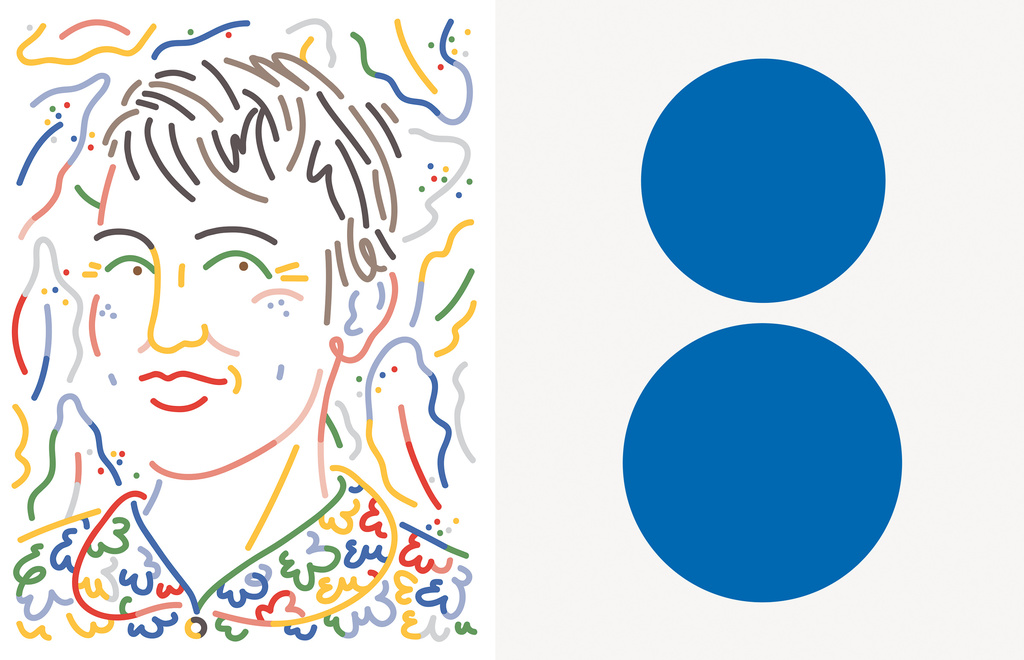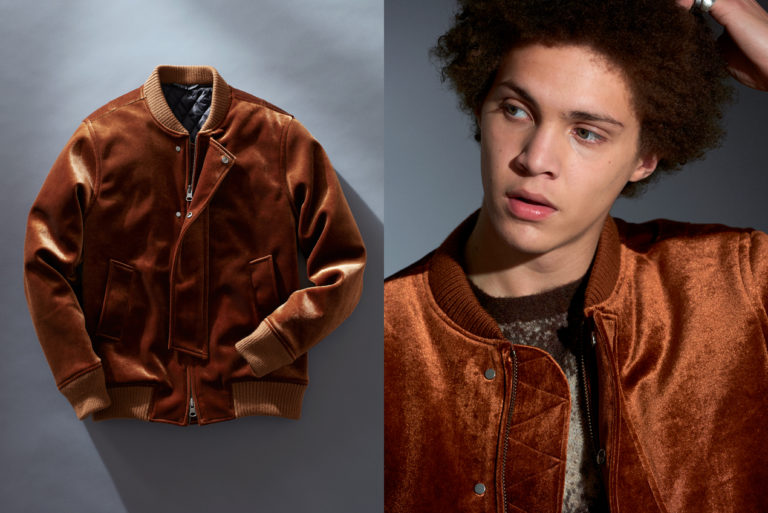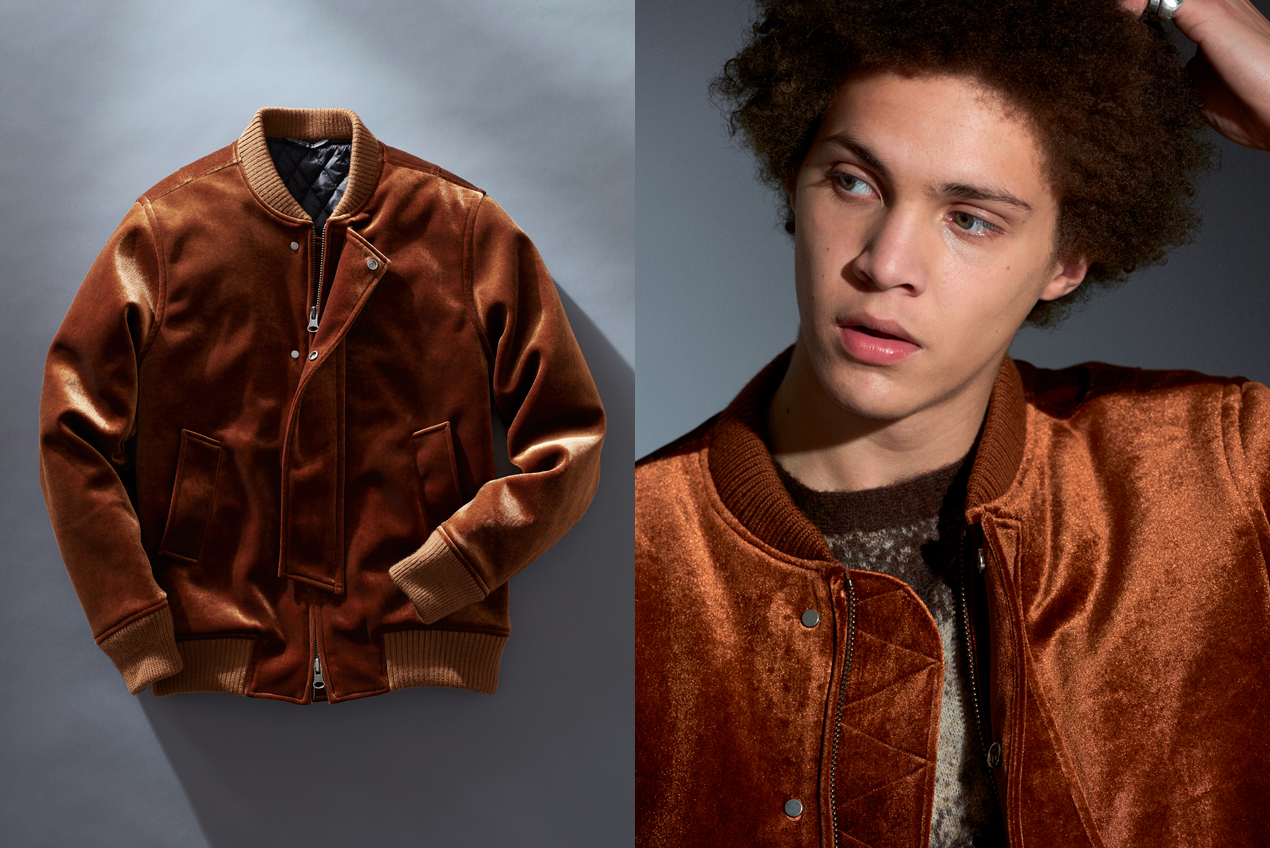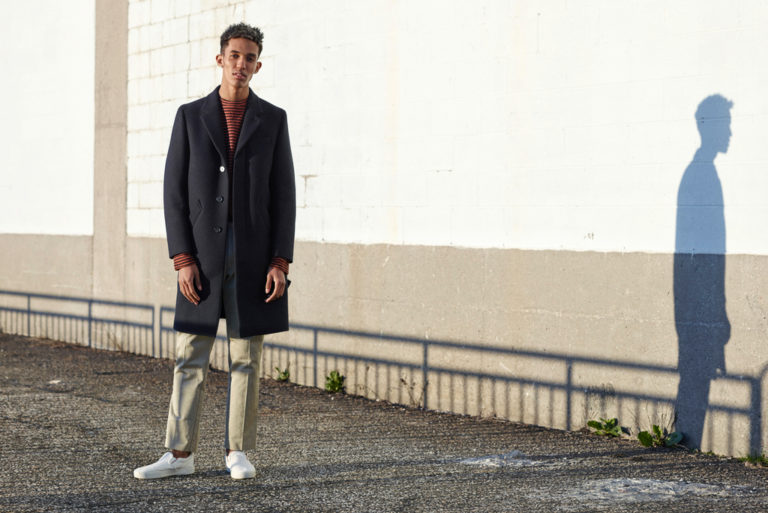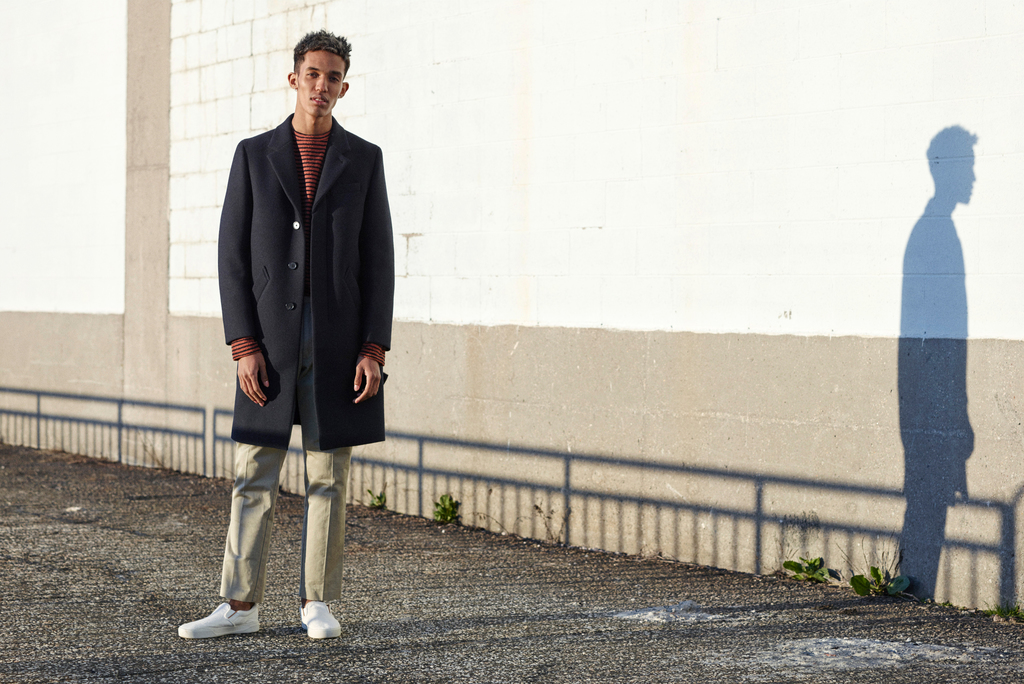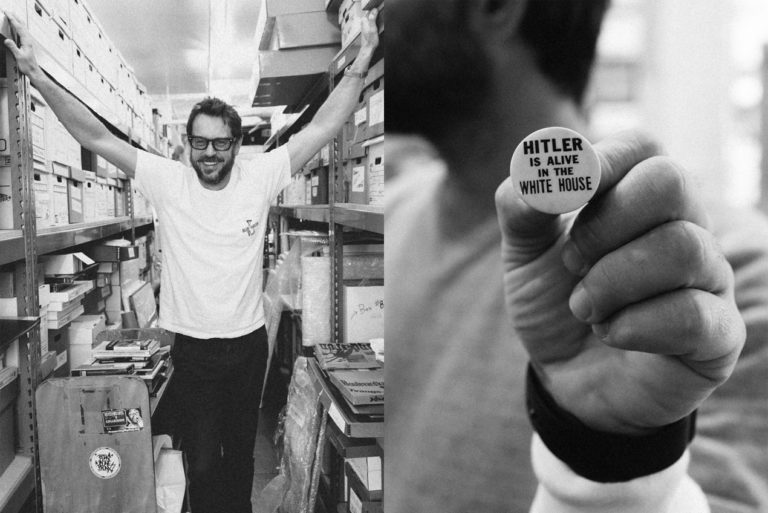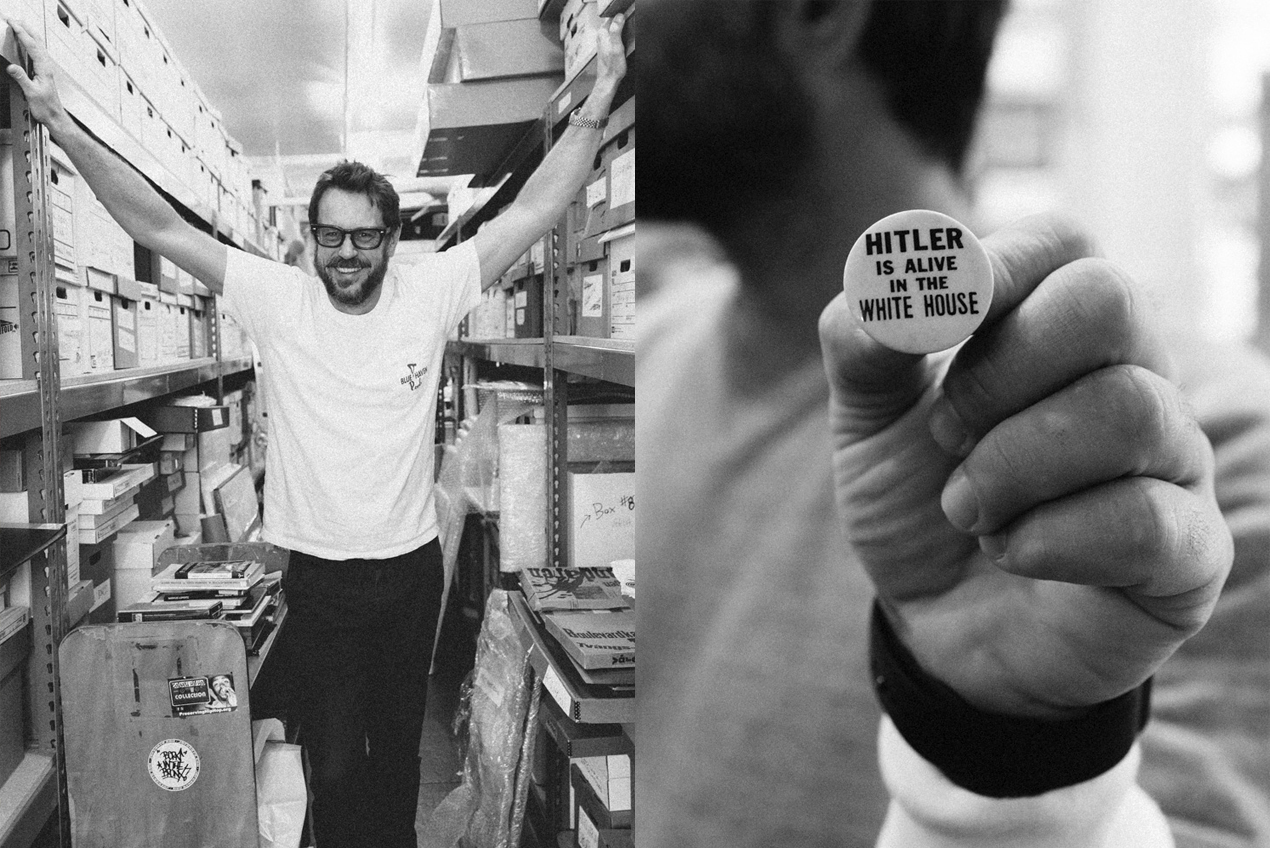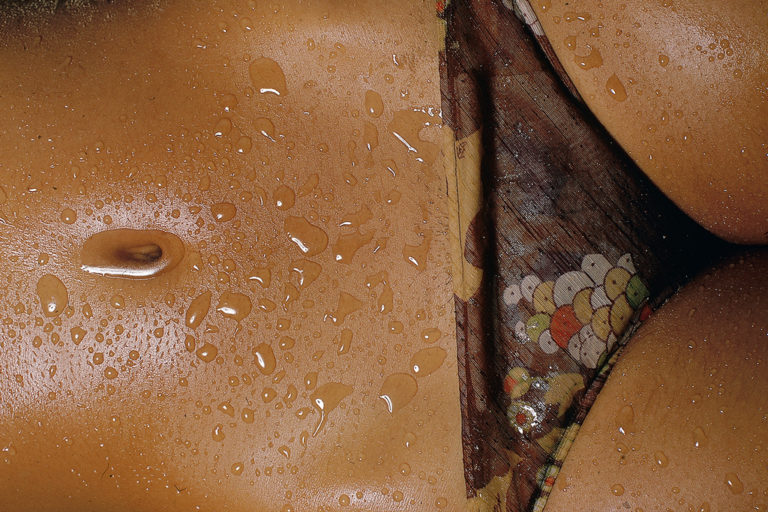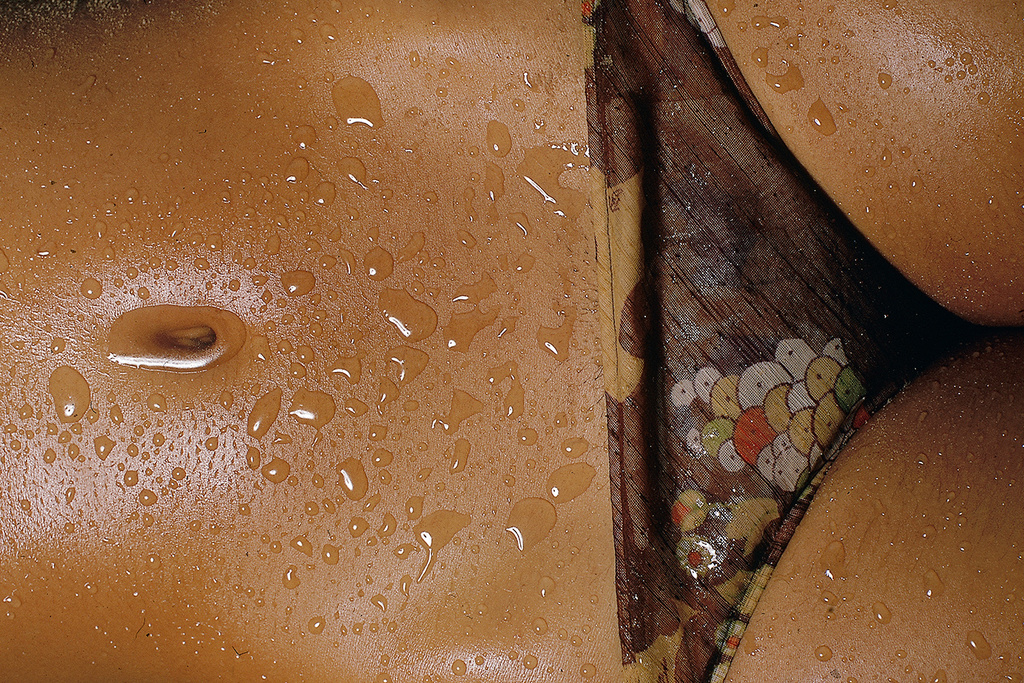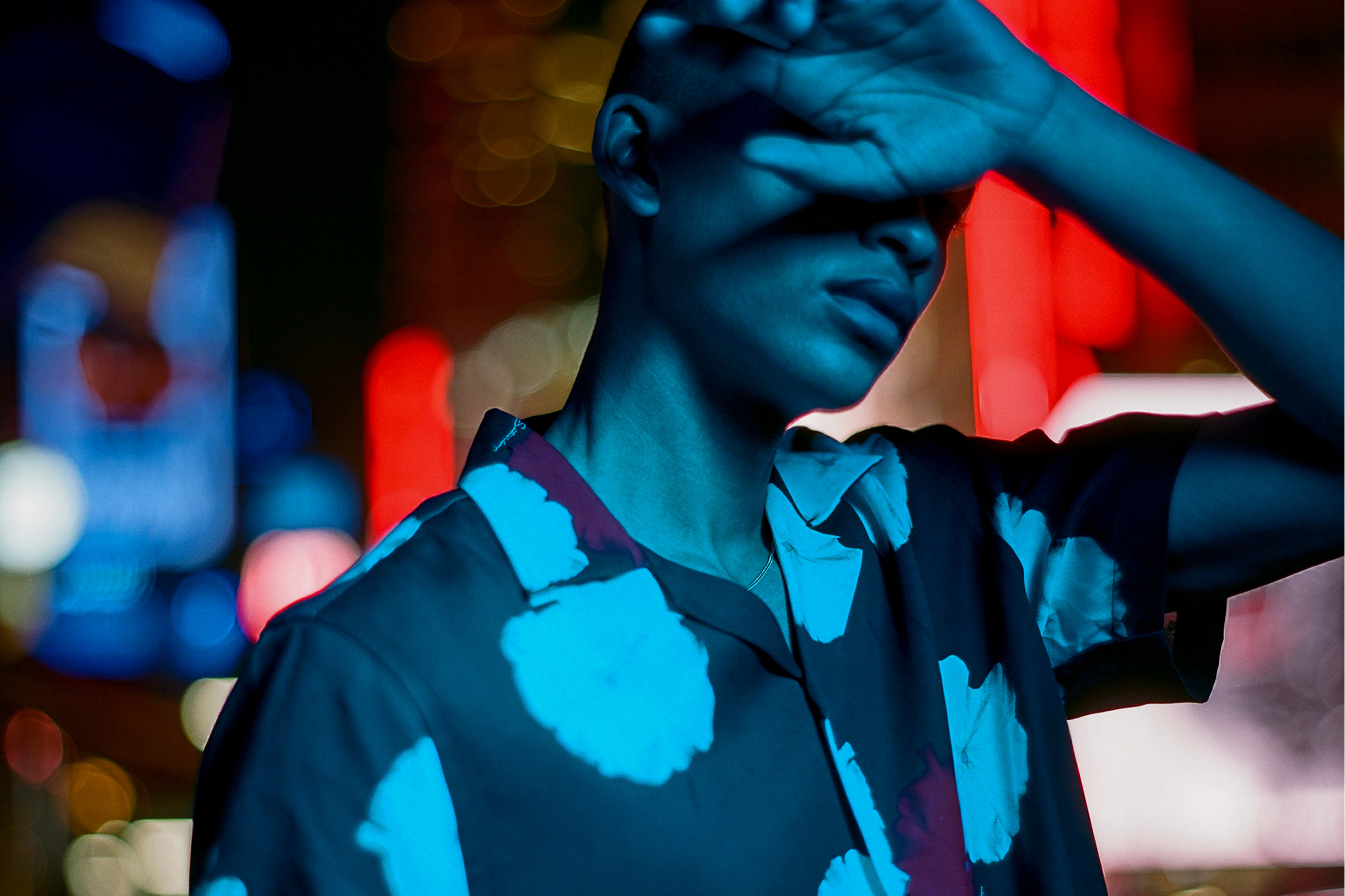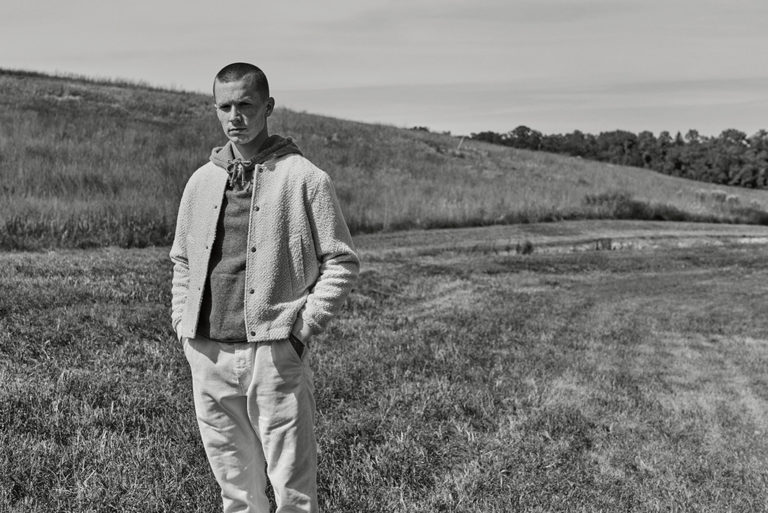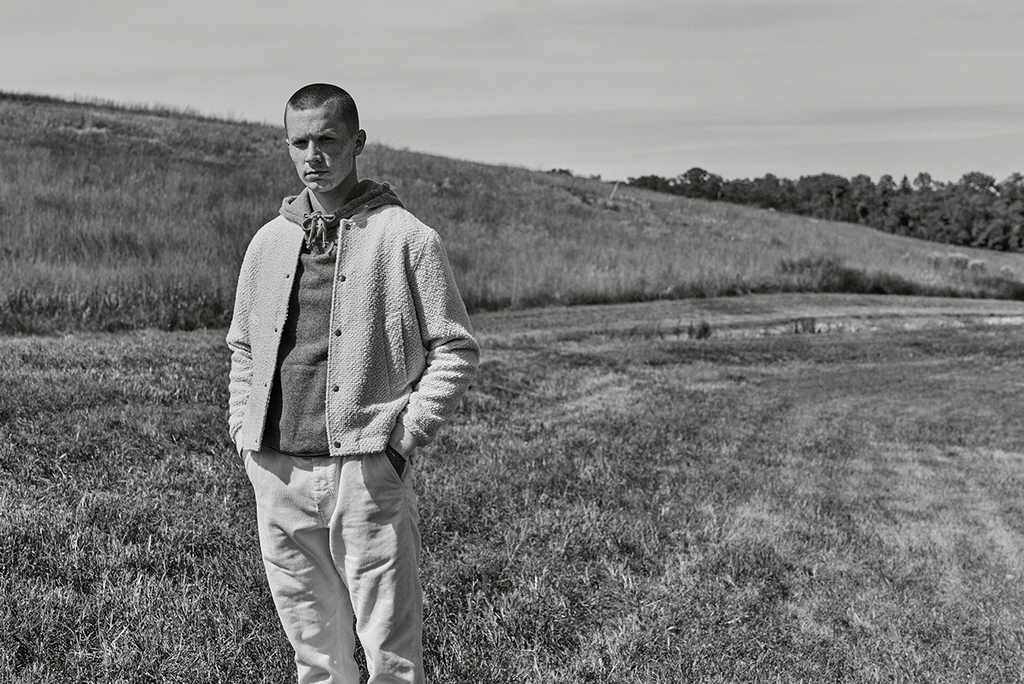Located on rue Saint-Honoré in the 1st Arrondissement of Paris, colette boasts a fashion boutique, an exhibition space, and a restaurant. Curated by its co-founder Sarah Andelman, the store has been a cultural fixture in Paris since its opening almost seventeen years ago and has been responsible for introducing many foreign brands, designers, and artists to the city. With a commitment to mixing established names in fashion with young designers, colette has also acted as an incubator for many young creatives. Through its website and store, colette offers a unique multimedia vision of clothing, music, art, and design to its customers.
vassili verrecchia: You just celebrated the store’s sweet sixteen in March of last year.
sarah andelman: Yes.
vv: So it’s been nearly seventeen years now. I’m quite curious, even on a personal level, about knowing a little more on the genesis of colette. I’ve followed the evolution of the store over the years, and would like to know a little more about how it all happened.
sa: It’s really the location. My mother and I use to walk past this space every day. At the time, Paris was a little down. It was a big space, and I’m not sure why, but the owner at the time didn’t want to divide it up. We were fortunate to have been able to travel and see so many different things in cities around the world. For instance, Muji didn’t exist in Paris at the time, so when I’d go to London, I’d love bringing back things from Muji. My mother and I then thought to ourselves, “It would be cool to have a Muji-type shop in the heart of Paris.” It was all conceived of within that line of thinking. Then one day we went to visit the space. It was in a pretty raw state, but not too different. During the first visit, we immediately imagined this big space with a restaurant that would be open all day long, because it’s not that easy grabbing lunch in the afternoon in Paris! We also wanted to bring together a number of products that we couldn’t find in Paris at the time. I had interned at Purple and I imagined opening a small gallery space that could host exhibitions and introduce young creatives. It was really…
vv: …an assemblage.
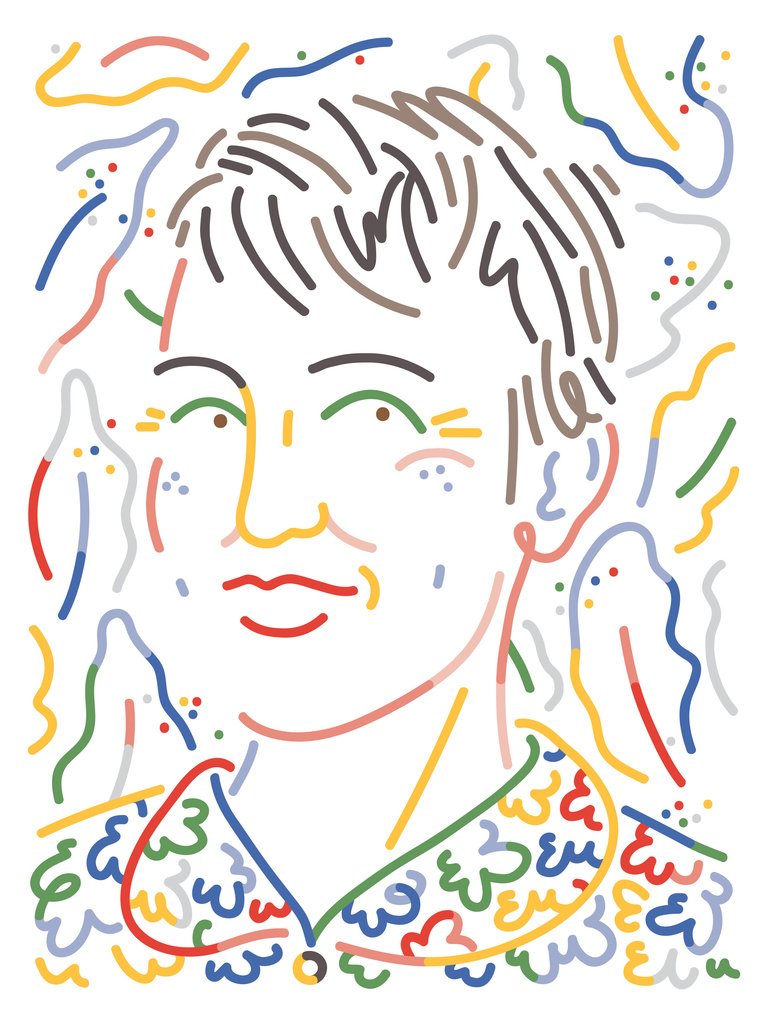
sa: Even if we are continuously evolving, I believe that what it was at the beginning is still what it is today. It all came together very quickly.
vv: And you had studied art history?
sa: (Laughs)
vv: Were you at l’Ecole du Louvre?
sa: Yes. I was studying contemporary art, but I had many other interests at that time. My mother always said that she did everything for me, which made me quite uncomfortable at the time. I always felt embarrassed! She said she’d work less if we had our own business, but she now works a lot more! But she also knew colette would be a place where we could really express ourselves. She knew there was an amazing opportunity to do something very exciting together.
vv: So it always was a joint project between you and your mother? That’s very cool and atypical.
sa: Yes, it was. When she stopped working and she opened the store, she gave me a great deal of responsibility. The way I see it, she gave me an incredible opportunity, and it was up to me to rise to the challenge.
vv: How were the roles between you and your mother distributed at the time? You handle all of the purchases, but has it always been that way?
sa: From the very beginning, I was involved with every aspect. My mother never wanted to be in charge of purchases, so she focused on managing the store–making sure everything was always impeccable and running correctly.
We could not open another store. We don’t have the time, and it’s not what we want. colette was made for Paris.
vv: Colette–as an ecosystem and as an entity–is at the heart of what is happening in the fashion industry today. Not only is fashion evolving dramatically, but our consumer habits and our values have significantly changed. Our world is changing and spinning very fast . What is your take on the evolution of the fashion industry and, more specifically, retail?
sa: Generally speaking, we’ve been lucky enough to always keep a healthy balance between carrying well-known brands and young designers. That’s were colette finds it’s balance. I wouldn’t do it any other way. I’m not interested in only carrying brands that can be found anywhere. And when we do carry those brands, we feature them in a unique way. The pieces and products we have don’t just sit in a corner. The store changes every week, if not every day. Colette is like a magazine. We offer a different perspective. Brands have so much power in their own stores today that we would not be able to match up to it. Our role in fashion is to showcase these brands in different and exclusive ways. I feel like there are more and more young designers today that mature very quickly. We work with them from the very beginning, and we meet new designers every season. I’m currently working with an entire new generation of designers from London. They’re bringing a whole new energy to our selection of products. It’s new blood and we need them. When I find out that J.W. Andersen is being purchased by LVMH, I’m happy, because it shows that people are being recognized. But I also think independence is a big deal when it comes to creativity. I think Christopher Kane has understood that, and has far more means of expressing himself today, which is great.
vv: I see.
sa: Regarding the Internet, it’s all about competition. The main difference between colette and other online stores is that we also have a physical space to manage. Whereas Net-A-Porter, for example, only has it’s online platform to handle, giving them have a much more powerful grip. Online is another business. We try to remind our clients that by visiting our website, they will find things that they won’t find elsewhere. Fashion may be happening online, but colette isn’t only fashion, and that is why we love what we do. We meet new creatives every day–photographers, illustrators, authors, designers, all sorts of artists who walk through the door each day . This might seem naive, but voila, that’s what keeps us going. Fashion is essential, but it is only one part of what makes colette.

The fashion is essential, but it is only one part of the puzzle that makes colette
vv: You mentioned the balance between the emerging brands and the others, but it doesn’t always seem that easy to maintain.
sa: It’s actually not that difficult, because we’re lucky enough to get to see everything. We have the unique ability to mix different kinds of designers. It’s a combination that offers a more personal approach to fashion. Therefore, in the minds of our customers, the brands are all on the same level.
vv: It’s interesting how quickly you and your mother built such a strong reputation and established the store’s legitimacy in the industry. There are now 120 people working for colette…
sa: I always say 100, because 120 is scary! Actually, this is the part I like the least. With such a big team, and with everything constantly changing, you have to make sure everyone is up to speed. I should be spending more time in the store, but I physically can’t be there. My job is to purchase for the store. Eric Chevalier, who handles our installations and window displays, does his magic with the ingredients that I bring home. It’s all about teamwork.
vv: I’ve heard about some of the crazy offers you’ve had to open in Japan, Russia, and the US, but I’m also very familiar with your values and your attachment to rue Saint Honoré.
sa: We could not open another store. We don’t have the time, and it’s not what we want. Colette was made for Paris. At the time, there was nothing like it, although I must say Paris has enriched itself in the past fifteen years. We cannot rely on the idea that it’ll be the same in other places or cities. It takes constant work to keep the shop renewed and updated. My mother changes the lights and the furniture constantly! People may not realize, but it’s a non-stop effort to keep the place looking new. The rare pop-up shops that we’ve done–such as the one in Tokyo with Comme des Garçons–were amazing, but it took so much work and energy that we need here in Paris. When we commit to pop-up shops, the environment has to be perfect. We’re very attached to Paris, and we’ve chosen to develop our website to bring colette to those who are overseas.
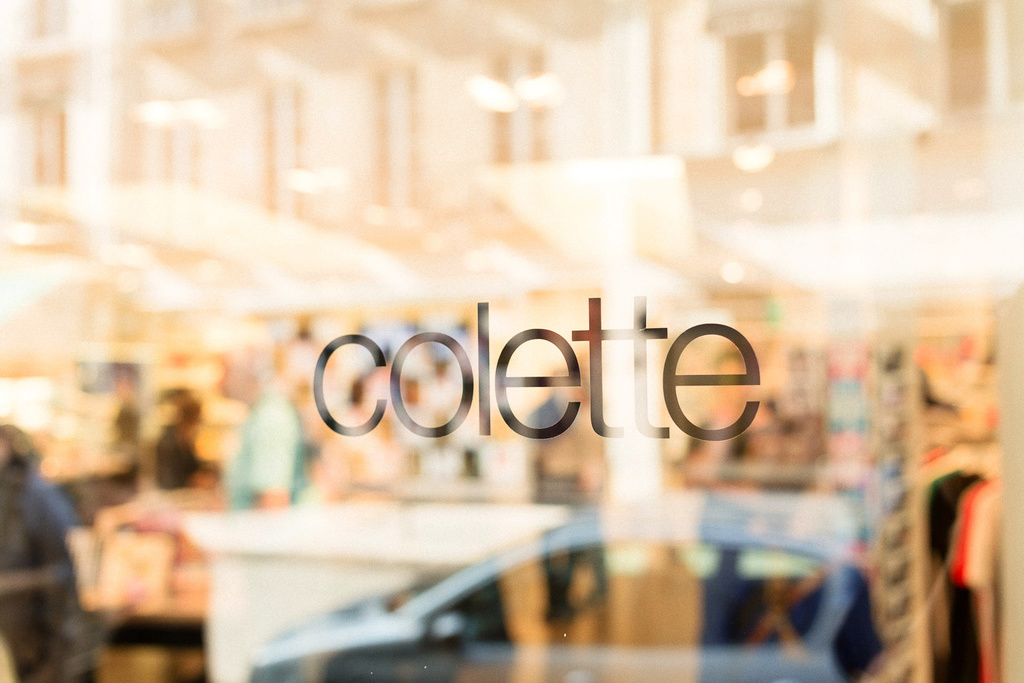
colette storefront. Photo: Linus Record
vv: I want to know more about the online store. You spent a very long time developing it.
sa: Yes, it’s something you have to do. But we’re not Amazon. We have to do it in our own way, the only way we can. I believe that when people think of colette, they think of the physical store and our website. But perhaps there is more work to be done. Our podcast is very successful, and our music selection online as well. I was a little surprised at first, because I figured it’d be impossible to compete with iTunes, but with our unedited mixes, I feel we’re actually doing pretty well. We obviously don’t do it for any kind of revenue, but it’s part of the culture and creativity that colette wants to share.
vv: I know you spend a lot of time traveling.
sa: Actually, it’s not as bad as people think. Just a little bit here and there…
vv: Regardless, holidays are a new thing for you.
sa: (Laughs)
vv: This summer was a first, right?
sa: Yes!
vv: When I found out you were taking some time off this summer, I was shocked!
sa: But I still checked my emails! It would be impossible for me to disconnect completely. I always do my best, even if I’m answering emails a month late. I always say that when I retire, I’ll be able to finish answering all the emails that I’m late on. They just accumulate so quickly.
It was always normal for us to treat everyone the same—whether you’re the neighborhood grandpa or Karl Lagerfeld.
vv: I find that colette plays a significant role in the democratization of fashion. The efforts made by the store may not be perceived by all, but throughout the years, I feel like you’ve always done your utmost to make people feel welcome, which isn’t the case for a large number of luxury boutiques. We just said hello to Pharell Williams–who was here just a couple minutes ago–and it was as though you had run into your next door neighbor. There’s an entertaining paradox: being a part of high fashion, but also being intriguing to the population at large.
sa: We’ve put a lot of effort into this, even if it was always normal for us to treat everyone the same–whether you’re the neighborhood grandpa, or Karl Lagerfeld. When the store first opened, people reacted as if it were a museum, and didn’t feel comfortable walking through the doors. We had to work very hard to alter the perception people had of the store. We didn’t change much, but finally people understood that it was a place like any other store. Guillaume Salmon once said to me that we should have the same audience as the famous French comic book Tintin, reaching people from the ages 7 to 77. We still sell one-euro bags of candy.
vv: Do you feel there is a significant difference in the way fashion is perceived and lived in Paris as opposed to other major cities such as Tokyo, or New York?
sa: It’s hard to tell. Paris has evolved so much, which is great. There are a lot of new stores, so many young designers, and new French labels that didn’t exist fifteen years ago.
vv: Has surfing always been part of colette? Have you seen this evolve over the years?
sa: There are people capable of predicting trends, but I can’t. We find surfing and skateboarding to be very exciting. We sell t-shirts, display photography, and present so many other parts of that culture. For me, skateboards are art, so that’s how they’re featured in the store. Along the way, we get to meet people like John Severson, which was an exceptional encounter. He is amazing. We were very proud to introduce his work to a younger generation. Saturdays is a wonderful achievement, not only because of surfing, but for what it stands for. When I first visited the store in New York, it was for their coffee, which had been highly recommended.
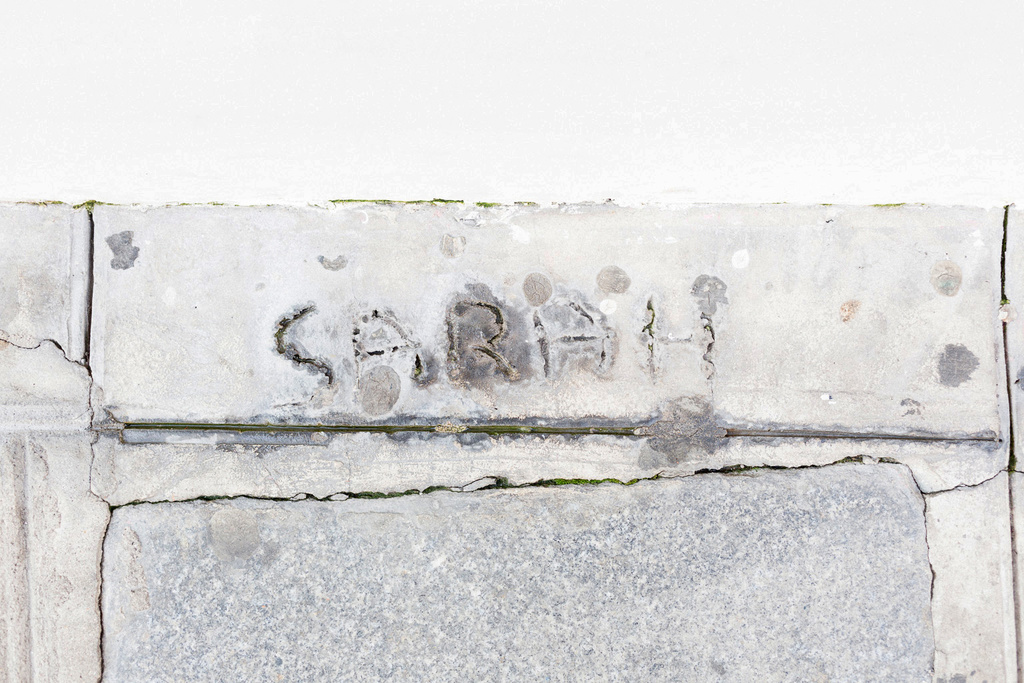
Sarah’s handwriting in cement outside colette. Photo: Linus Ricard
vv: The store on Crosby Street?
SA: Yes! I ended up staying and looking at every t-shirt…and now they’re here.
vv: Will we have a bunch of real surfboards here one day?
SA: Of course! We recently had some Lightning Bolt boards
vv: What’s next for colette?
SA: There is always someone that will surprise, that will introduce me to something I haven’t seen yet. There’s always a new encounter, a new exhibition, a new designer. I think we just want to keep moving forward. I cherish our independence and the beautiful freedom of being able to react to anything coming our way.
vv: Do you speak a lot to your mother about the developments you have in mind?
SA: Only if we’re traveling together–like, if we take a quick trip to London, or Miami. It’s nearly impossible in Paris.
vv: So when you spend time together, it’s elsewhere?
SA: Yes.
vv: And your mother is still living in the building?
SA: Yes.
vv: And still, when you spend time together, it’s elsewhere?
sa: We will see each other, but we’ll discuss something like the order we just received yesterday, for example, or what needs to be installed tomorrow.
vv: A fundamental value of colette is independence. I know that you hold to that dearly. It’s the key word.
sa: (Laughs) Yes.
vv: I think that’s definitely something we both share–with my brother Timothée as well.
sa: We don’t answer to anyone. We have the luxury of doing what we want.
vv: Colette will stay colette. I think that’s safe to say.
sa: (Laughs) Yes.■
